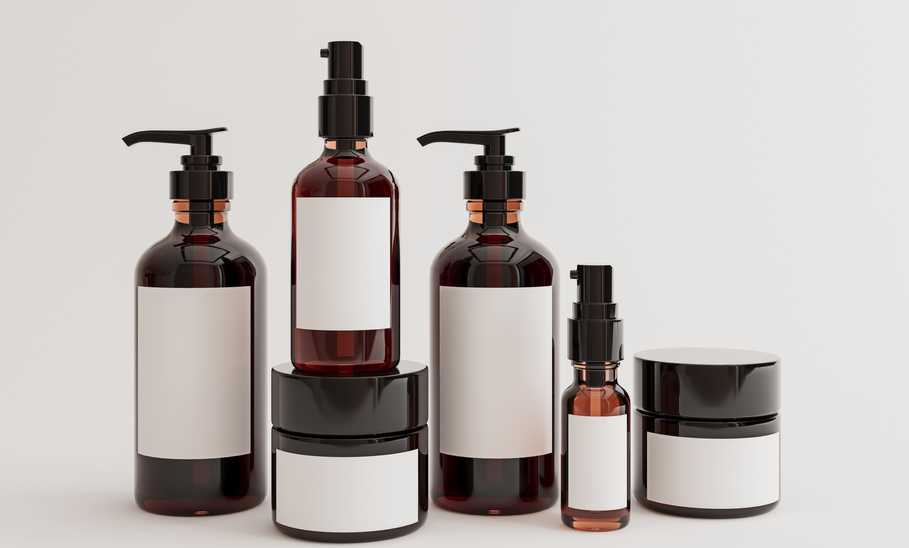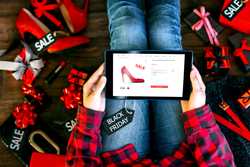Known Brand Versus White Label: When a Name Is Just a Name (Except When It’s Not)

Our evaluations and opinions are not influenced by our advertising relationships, but we may earn a commission from our partners’ links. This content is created by TIME Stamped, under TIME’s direction and produced in accordance with TIME’s editorial guidelines and overseen by TIME’s editorial staff. Learn more about it.
White label products, sometimes referred to as generic, are manufactured by a company (hired by a retailer) that packages them, using branding provided by the retailer that commissioned them. The manufacturing company likely sells the exact same product to multiple brands who each, in turn, sell them as their own.
This practice is economical in time and money for the end seller as they don’t need to finance the actual production process. It also allows the company purchasing the white label product to better control the cost, often being able to offer their white label items at a less expensive price because they’ve saved money in production and distribution.
While private label and known label products are often also manufactured by a third party, the brand controls everything about the process. This includes what goes into the product, how it’s made and packaged, as well as the end label. For example, fashion brands don’t necessarily own factories; they hire a manufacturer to make their clothes but are involved in the process every step of the way, from providing the pattern with construction instructions to specifying what color thread, buttons, and/or zippers to use.
When using white label products, in contrast, a brand only has control over what the label looks like.
Examples of products that often fall under the white label umbrella include mugs, tote bags, reusable water bottles, t-shirts, baseball hats, and coffee.
Product lines like Whole Foods 365, Costco Kirkland Signature and AmazonBasics are actually private label products, meaning they’re manufactured solely for that company. As well as the Kirkland label, Costco sells products co-branded with companies like Starbucks, Quaker Oats, and Tyson Foods, Inc.
Many skincare companies white label things like anti-aging serums and moisturizers. They may design their packaging to appeal to a certain demographic, while the product itself is almost identical to one sold by another brand.
Vitamins and herbal remedies also tend to be white labeled. Reading the list of ingredients on the bottles will reveal that company A sells multi-vitamins identical to those sold by company B. While there’s no way to know for sure, there’s a high probability that both were manufactured in the same factory. Cleaning products can also be white labeled, many sharing the same ingredients from brand to brand.
If you’ve ever shopped for things like shelving, side tables, rugs, and inexpensive furniture on Amazon or Wayfair, you’ve likely noticed the exact same item sold under different brand names. For instance this Yoobure End Table with Charging Station is identical to this one by Lidyuk, both of which are extremely similar to this one sold under the VASAGLE label.
Branded credit cards are also a form of white labeling: Mastercards, Visas, and American Express cards come with a specific company name attached. Examples include JetBlue Mastercards issued by Barclays Bank and the Venmo Visa.
Using white label products means a brand can offer discounted sales for consumers since they don’t have to take into account things like research, development, and production. They also allow companies to quickly introduce new items, expanding and diversifying their product lines.
Disadvantages of white label selling include market saturation, supplier dependence, and diminished quality control, as well as the loss of exclusivity.
There’s also the danger of copycatting, when companies using white label products fail to ensure their packaging clearly differentiates theirs from the same sold by a known brand. The label has to be different enough that consumers won’t mistake a generic product for a known brand.
If you own a small business and want to sell items like t-shirts, mugs, and water bottles with your company’s branding, white labeling provides an easy, relatively low-cost way to do so. DocHub offers a White Label Agreement Template you can use when entering into this kind of arrangement with a manufacturer.
The information presented here is created by TIME Stamped and overseen by TIME editorial staff. To learn more, see our About Us page.



